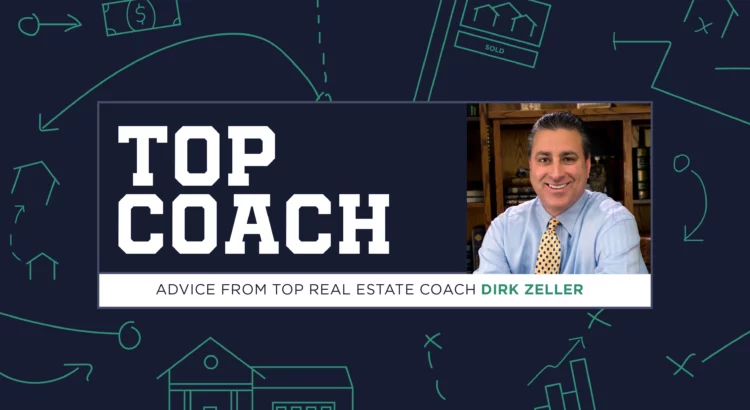By Michael LaFido
As a real estate agent, it is difficult to break into luxury home sales. Many agents believe they have to be licensed for X number of years before they can sell luxury real estate, but that is false. Many agents believe they have to be affiliated with a certain brokerage to be able to consistently sell luxury homes. That, too, is false. Many agents believe they have to drive a luxurious car or live in a high-end home to sell luxury homes. Those ideas are also untrue.
What IS true is that luxury sellers rarely allow agents who are inexperienced in luxury home sales the opportunity to interview, let alone work with them, until you can show them that you have successfully sold similarly priced homes in that area. One of the most important truths to getting hired is that you have to build sellers’ trust and be likable. As psychologist Daniel Kahneman, a Nobel Prize winner, discovered, people would rather do business with a person they like and trust than with someone they don’t, even if the likable person is offering a lower-quality product or service at a higher price. The bottom line is, be likable.
If you’re trying to “break into selling luxury homes,” my advice is to attend other agents’ luxury broker open houses in your market. You will gain an understanding of the styles, materials and construction involved, and you will gain confidence and more knowledge. Perhaps the listing agent may even grant you permission to “shoot a live video” from the property. You might also consider hosting an open house at another agent’s higher price point listing from your office.
I believe that when an agent is more knowledgeable, they will be more confident. When you are more confident, you will be more likely to step out of your comfort zone and know that you can work with high-end or luxury buyers and sellers. Once you make the first couple of sales, it’s easier to sustain business with those upper-price-point clients.
So, what exactly is a luxury home, Michael, you ask? Some people classify it by the style of the house, or perhaps by its finishes, or by the product brands in the home. So, how do we define a luxury home from a price standpoint? I know different brokerages and different real estate firms define luxury real estate differently. Many define a “luxury home” as a property that is priced at $1,000,000 or higher. For the purposes of this article, we’re going to define a luxury home as a home that is listed for sale at at least three times the average sales price for that market. (There are four primary price points in most markets: starter-/entry-level, average, high-end and luxury pricing. I define high-end homes as homes that are two times the average sales price for that given area.)
Luxury is relative to that specific market. Most markets have luxury homes based on our definition; it’s all relative, however, because when people think of luxury, they often think of McMansions or estate homes, and that’s not always the case. To take action, you need to develop graphs and other visuals that can articulate the data for luxury and high-end real estate for/in your marketplace: Are you in a buyer’s market or a seller’s market? High-end and luxury homes start at what price point for your market? You need to know this information. You also need to align yourself with luxury strategic partners and become a student of local and global luxury trends. Almost every ambitious agent in this business wants to break into the luxury market, so you need to set yourself apart by proving you have excellent market knowledge and proven plans to successfully help homeowners sell their homes. Now go prove to the luxury sellers in your market that you’ve got what it takes!
I love sharing our content to our e-mail database, as well as sharing them on other platforms like Facebook, LinkedIn, Twitter, Instagram, and, of course, YouTube. I would love to hear from you. Let’s connect over Instagram @LuxuryListingSpecialist, and let me know how we can help!
Michael LaFido is the founder of the LUXE Designation (LuxuryListingSpecialist.com), founder of the Luxury Listing Specialist Podcast and author of the book “Luxury Listing Specialist.”


